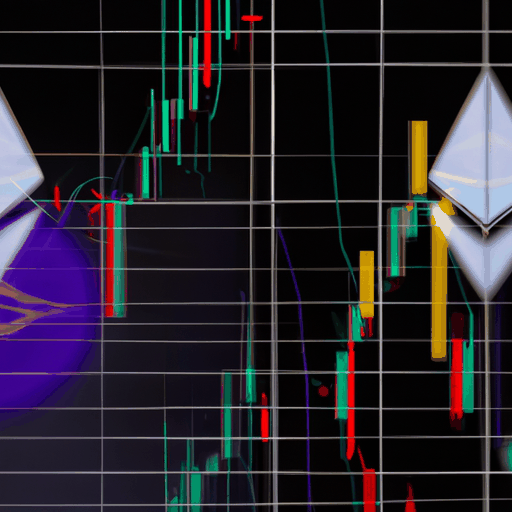
Polymarket vs BET: Comparing Crypto Prediction Market Strategies
By: Eva Baxter
Polymarket and BET are two prominent players in the rapidly expanding domain of crypto prediction markets. Utilizing innovative blockchain technology, each platform offers distinctive features that cater to different user preferences. Polymarket, operating on the Ethereum blockchain with the Polygon Layer-2 scaling solution, has garnered over $750 million in bets on various events, including the US election. Conversely, the new entrant BET, built on the Solana blockchain, has accumulated approximately $22 million in 24-hour trading volume since its recent launch.
Understanding Platform Mechanisms
Polymarket's framework focuses on binary outcome markets using a continuous double auction model, facilitating dynamic price discovery for events by reflecting the probability of outcomes. This model emphasizes accessibility, as users do not need to hold a platform-specific token, and the platform supports self-custodial wallets for enhanced security. User engagement is incentivized through liquidity provider rewards and other market-specific rewards.
BET, meanwhile, leverages Solana's high throughput and low transaction fees to support event-based predictions. Users can utilize over 30 different cryptocurrencies as collateral, providing significant flexibility. BET's distinct feature of integrating yield generation via the Drift Protocol offers users the opportunity to earn interest on collateral while waiting for event outcomes.
Delineating Collateral and Betting Systems
While Polymarket requires users to deposit USDC and supports effortless trading without necessitating a native token, BET's model allows for more complex financial strategies with multiple collateral options and yield generation. BET's introduction of structured bets enables users to implement sophisticated trading strategies, enhancing the platform's allure to a broader demographic of traders.
The reward mechanisms also differ significantly. Polymarket simplifies user participation with liquidity provider rewards, whereas BET's FUEL rewards program offers incentives based on trading volume, redeemable within the Solana ecosystem.
Market Resolution Approaches
Polymarket employs UMA's Optimistic Oracle, a decentralized and trustless mechanism that ensures transparency and community involvement in resolving market outcomes. This process includes a challenge period and, if necessary, a Dispute Verification Mechanism (DVM) for contested resolutions.
BET, in contrast, relies on a security council and an elected multisig under realms governance to update the oracle with outcomes. This approach, although more centralized, ensures swift resolution and fair market practices, including handling financial shortfalls through socializing them into settlement prices.
User-driven Incentives
Both platforms prioritize user incentives to foster a thriving trading environment. Polymarket's straightforward approach rewards liquidity provision, ensuring stable market conditions, whereas BET's diverse incentives through FUEL rewards and yield-generation opportunities cater to a dynamic and robust trading ecosystem.
While Polymarket's focus on simplicity, security, and decentralization appeals to users looking for a straightforward experience, BET's emphasis on trading flexibility, financial rewards, and structured governance attracts users interested in advanced trading mechanisms and financial incentives.
Polymarket and BET, with their unique propositions, enhance the crypto prediction market landscape, catering to different trader needs and preferences. Their distinctive resolution mechanisms, collateral options, and user incentives offer valuable insights into how platforms can leverage blockchain technology to deliver diverse and secure trading experiences.



